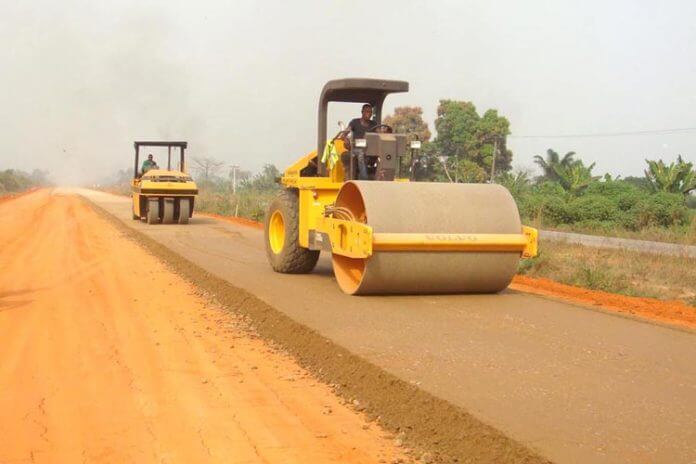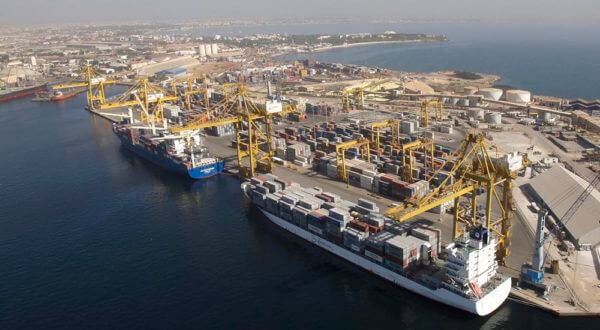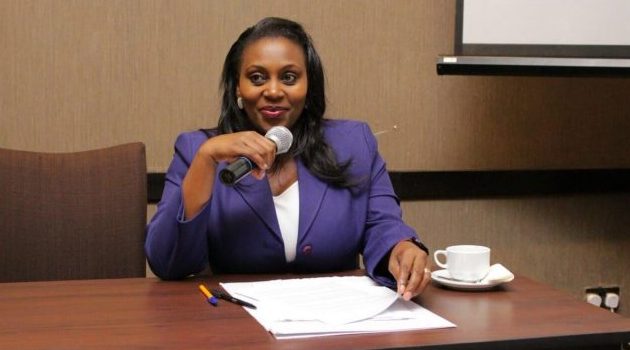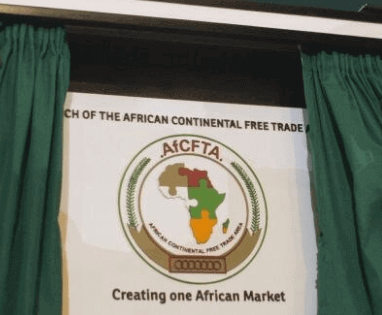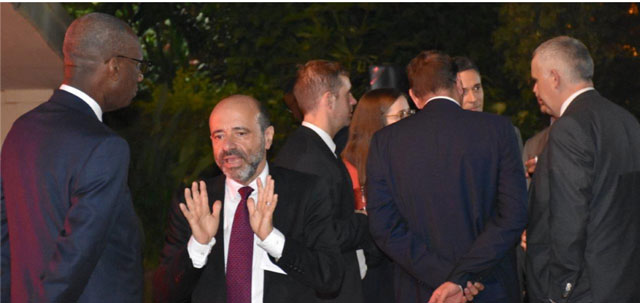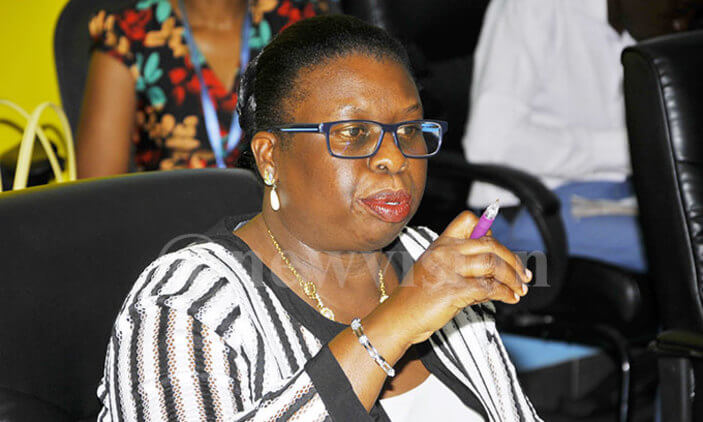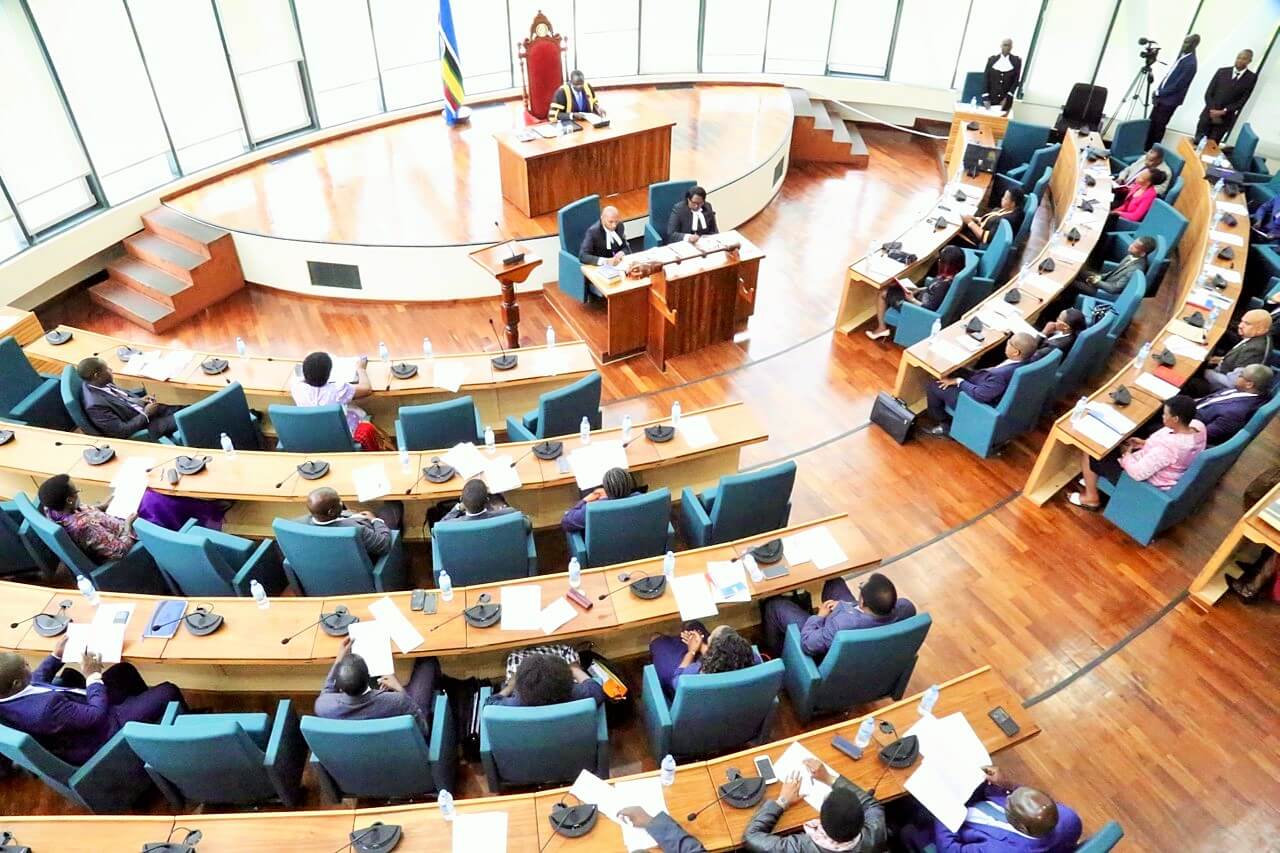Arua municipality in Uganda has kicked-off the construction of US $5.5m road project. The 2.8km road project stretches from Arua prisons to Arua primary school via River Oli division headquarters. The project is being funded by the World Bank under the Uganda Support to Municipal Infrastructure Development-USMID. According to the Arua Municipal engineer, Anthony Dradria, the dual carriage road will take 18 months to be completed. “Construction works started immediately after the site handover,” he affirmed. He further added that the contractor will receive US $5.07m while the consulting engineer Joadah Consult will receive 253,817. On the other hand, the Arua Mayor, Isa Kato pointed out that upgrading of the two roads is a commendable gesture from the government, which will change the face of Arua town. The Uganda Support to Municipal Infrastructure Development Program (USMID) The Ministry of Lands, Housing and Urban Development is implementing Uganda Support to Municipal Infrastructure Development (USMID) program, funded by the World Bank-IDA through a US $150m loan. The program is designed to enhance institutional performance of 14 Municipal Councils so as to improve urban service delivery. The USMID program is being implemented in a context where Uganda since 1986 has experienced high economic growth, poverty reduction and an average annual GDP growth of 8.1 % over the last six years (2003/2004- 2009/2010). It has reduced donor assistance from 52% of the annual budget in the early 1990s to the current level of 32%. USMID is contributing to the Second National Development Plan (2010/2011-2014/2015) which has...
Uganda kicks-off US $5.5m Arua road project
Posted on: January 16, 2020
Posted on: January 16, 2020

